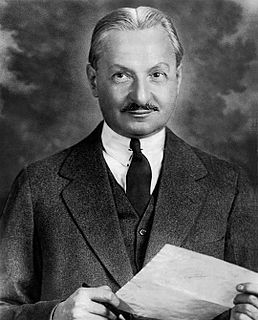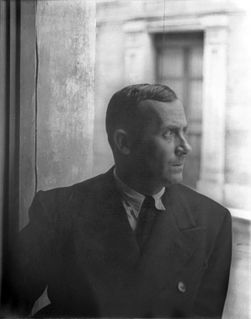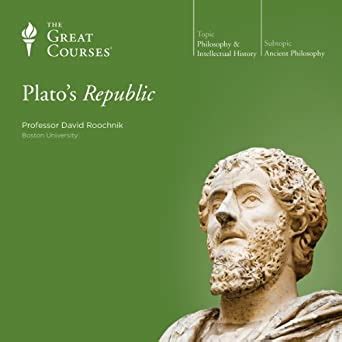A Quote by Nigel Cooke
Small thoughts grow into a picture. It may suggest an individual or it may suggest a place, but generally the painting's job is to work that [idea] into an abstract proposition that is completely removed from the starting point.
Related Quotes
I think the idea of embracing the process, creating something, no matter how thin it is, that you can call a starting point - whether it's a word or it's an idea, or it's a little piece of narrative that you might base a film on - starting that journey of making the work. That's also something that every individual does very differently.
A man's knowledge may be said to be mature, in other words, when it has reached the most complete state of perfection to which he, as an individual, is capable of bringing it, when an exact correspondence is established between the whole of his abstract ideas and the things he has actually perceived for himself. His will mean that each of his abstract ideas rests, directly or indirectly, upon a basis of observation, which alone endows it with any real value; and also that he is able to place every observation he makes under the right abstract idea which belongs to it.
Between labor and play stands work. A man is a worker if he is personally interested in the job which society pays him to do; whatfrom the point of view of society is necessary labor is from his point of view voluntary play. Whether a job is to be classified as labor or work depends, not on the job itself, but on the tastes of the individual who undertakes it. The difference does not, for example, coincide with the difference between a manual and a mental job; a gardener or a cobbler may be a worker, a bank clerk a laborer.

































